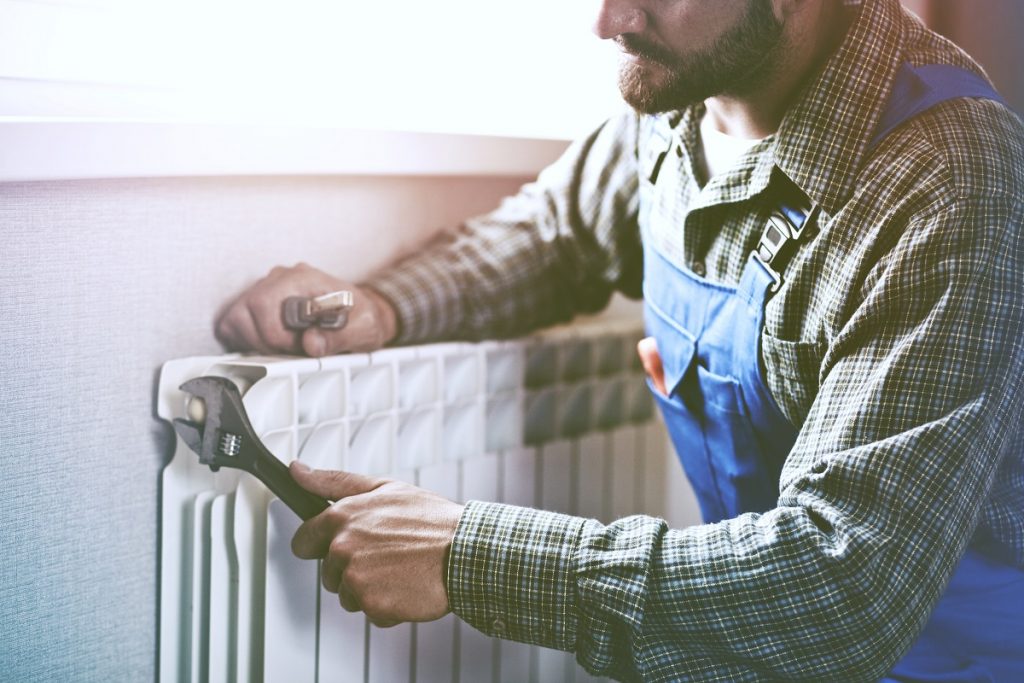- Excessive moisture in the home can lead to mold growth, structural damage, insect infestations, and electrical system damage.
- Regular inspections and maintenance should be done to detect signs of water damage.
- Prevention is key for moisture-caused problems; check the plumbing, improve ventilation, and fix leaks immediately.
- Dehumidifiers and fans can reduce humidity levels in damp areas.
- Follow the manufacturer’s instructions for refrigerators and air conditioners to reduce condensation.
Taking care of your home means more than just regular cleaning and maintenance. One of the most important aspects of home maintenance is keeping your home dry and free from excessive moisture. When left unchecked, moisture can cause serious damage to your home and even affect your health. Here’s what you need to know about moisture, how it can affect your home, and what you can do about it.
What is Moisture?
Moisture is any form of water, such as vapor, liquid, or ice. It can come from various sources, including the air outside or inside your home, plumbing leaks, and appliance condensation.
How Can Moisture Damage My Home?
Excessive moisture can cause several problems for your home. Here are some ways it can affect your home:

Mold Growth
One of the most common problems caused by excessive moisture in your home is mold growth. Mold spores thrive in damp and humid environments, making your home susceptible to mold growth if you have a ventilation or moisture problem.
Mold can cause various health problems, such as respiratory issues, allergies, and asthma. Prevention is vital when it comes to mold growth. Regularly checking your home for any water damage, fixing leaks immediately, and ensuring proper ventilation are all essential in preventing mold growth.
Structural Damage
Excessive moisture can also cause damage to your home’s structural integrity. Water damage can weaken walls, floors, and your home’s foundation. If left untreated, the damage can become severe and require costly repairs. Preventing water damage starts with identifying and fixing leaks or other sources of water intrusion as soon as possible. Regular inspections and maintenance can also help detect signs of water damage before they become serious problems.
Insect Infestations
Excessive moisture in your home can also attract insects such as termites, cockroaches, and silverfish. These pests can cause significant damage to your home’s structure and even affect your health. Some insects thrive in damp environments, making it essential to keep your home dry and well-ventilated. Regular inspections and pest control can help prevent insect infestations.
Damage to Electrical Systems
Moisture can also affect your home’s electrical systems, causing damage and posing a risk of electrocution if left unchecked. Water can damage wires and insulation, increasing the risk of short circuits and electrical failures. In severe cases, moisture can even cause electrical fires. Ensuring proper ventilation and reducing excessive moisture in your home can help keep your electrical systems safe.
Dealing With Moisture
Thankfully, there are various ways you can deal with moisture. Here are four ways.

Check Your Plumbing
Dripping from loose or damaged pipes is one of the leading reasons why moisture can infiltrate your home. These pipes can also cause water damage and mold growth if left unchecked. Checking your plumbing regularly is essential to preventing moisture-related problems, so be sure to check for any leaks or problems with the pipes in your home. If you don’t know how to do this, hire a local plumbing contractor. They can check your plumbing and ensure your home is moisture-free.
Improve Ventilation
Ensuring your home has proper ventilation helps reduce moisture levels and keeps your air fresh and clean. Opening windows on dry days can help improve circulation in your home, while fans can help move the air around. Adding dehumidifiers can also help reduce humidity levels in damp areas of your home.
Fix Leaks Immediately
If you find a leak, fix it immediately, as even minor leaks can lead to more significant issues. Ensure all drains are clear of debris, and don’t forget to check for any signs of water damage or mold growth.
Fix Condensation Issues
Condensation from appliances such as refrigerators, freezers, and air conditioners can lead to moisture buildup in your home. Ensure to follow the manufacturer’s instructions on maintaining these appliances and keeping them in good working order to reduce condensation.
Keeping your home dry and moisture-free is essential for a safe and healthy living environment. Following the tips above can help you prevent problems caused by excess moisture in your home. Regularly inspecting your home for leaks, fixing any plumbing issues, and improving ventilation are all necessary steps toward keeping your home comfortable and protected from damages caused by excessive moisture.

